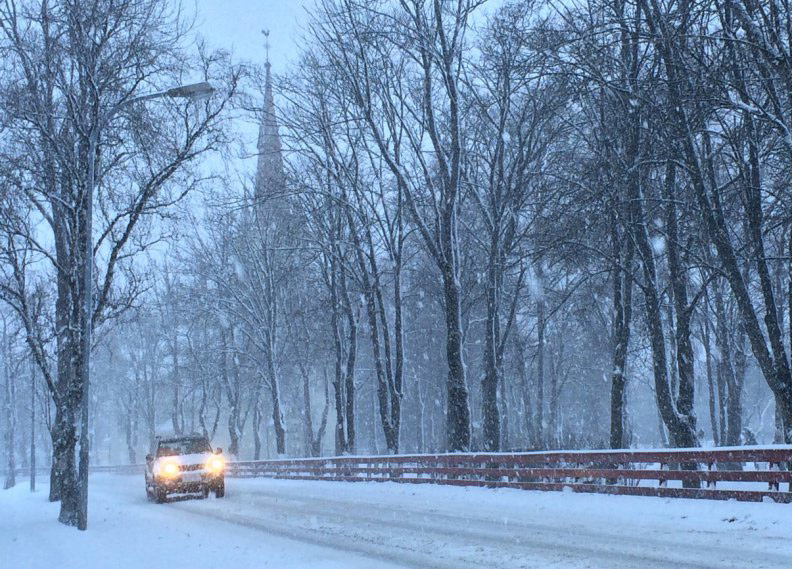
As local elections draw near, an action group formed to fight increasing road tolls in Norway is gathering support, especially in and around Bergen.
Meet Folkeaksjonen nei til mer bompenger (FNB), Norway’s newest political party that is making quite the splash in the opinion polls. The group’s English name, People’s Action – No To More Road Tolls, should tell you most of what you need to know!
In case it’s not clear: “FNB is a party working to abolish tolls as a method of financing. Infrastructure is a common societal need and it is therefore the state’s responsibility to finance,” states the group’s website.
Read more: Road Tolls In Norway
The campaign group was founded at the end of 2014 to fight road tolls in Stavanger. They took three seats in the municipal elections of 2015, and have since taken on the fight in other cities too.
FNB polling well
While this may sound like a simple protest party, the group is gathering support. So much so, that a poll in local newspaper Bergens Tidende last month put FNB’s support at 25.4%, more than any other party.
Newspaper VG polls party support monthly, and their latest numbers put FNB support on 6% nationwide. That might not sound like much, but it puts them as the fifth most popular party ahead of the Greens, Red, Christian Democrats and the Liberals.
It’s also a wake-up call for the established parties going into this autumn’s local elections, to be held in every municipality across Norway.
Read more: Local Elections 2015
This, despite the party only contesting elections in a handful of urban municipalities. “When we get such good polls, it suggests that we are gaining ever-increasing support in the general population,” FNB leader In Bergen, Trym Aafløy, said to VG.
Progress party worst hit
Norway’s biggest opponents to road tolls have to this date been the Progress part (FrP). The right-leaning party seen as extreme by many have been part of a coalition government since 2013, but haven’t been able to exert their influence on stopping road tolls.
“Every year FrP has been alone in fighting tolls. It is the city packages that are adopted locally, against FrP protests, which now trigger the rage. Now voters have had enough and show their protest in many places by saying they will vote for a specific anti-toll party,” Deputy Director-General Sylvi Listhaug told VG.
“This is of course a poll we are not satisfied with, but polls are not election results. We will work every day towards the election, which for our part will be about fighting against property taxes and tolls, freedom of choice for elderly care and better integration of immigrants.”
Road tolls in Norway
Road tolls are used throughout Norway to fund new bridges and tunnels, a vital part of the nation’s infrastructure. Typically there are in place for a period of time (say, 20 years) until the project is paid off, at which point they are reduced or removed.
But what FNB has a problem with is the “city ring” road tolls that every major city in Norway has implemented. Here in Trondheim, for example, there are three different toll charges as you get closer to the city, increasing in amount the closer you get.
The idea of course is to encourage people on to public transport. Campaigners highlight situations in which this just isn’t possible, and so the tolls become an ever-increasing tax on the driver.
“Many people have to get to work in the rush hour, and many have to reach kindergartens that are only open during this time. It is essentially a tax for car keeping in a part of Norway where public transport is too poorly developed, the bicycle routes are poor, few and dangerous, and where it is already very expensive to have a car,” states an FNB spokesperson.
The party believes there are three other options open to the state: A re-prioritization of existing budget, expanding the budget by using more of the ‘oil fund’, or raising taxes.

